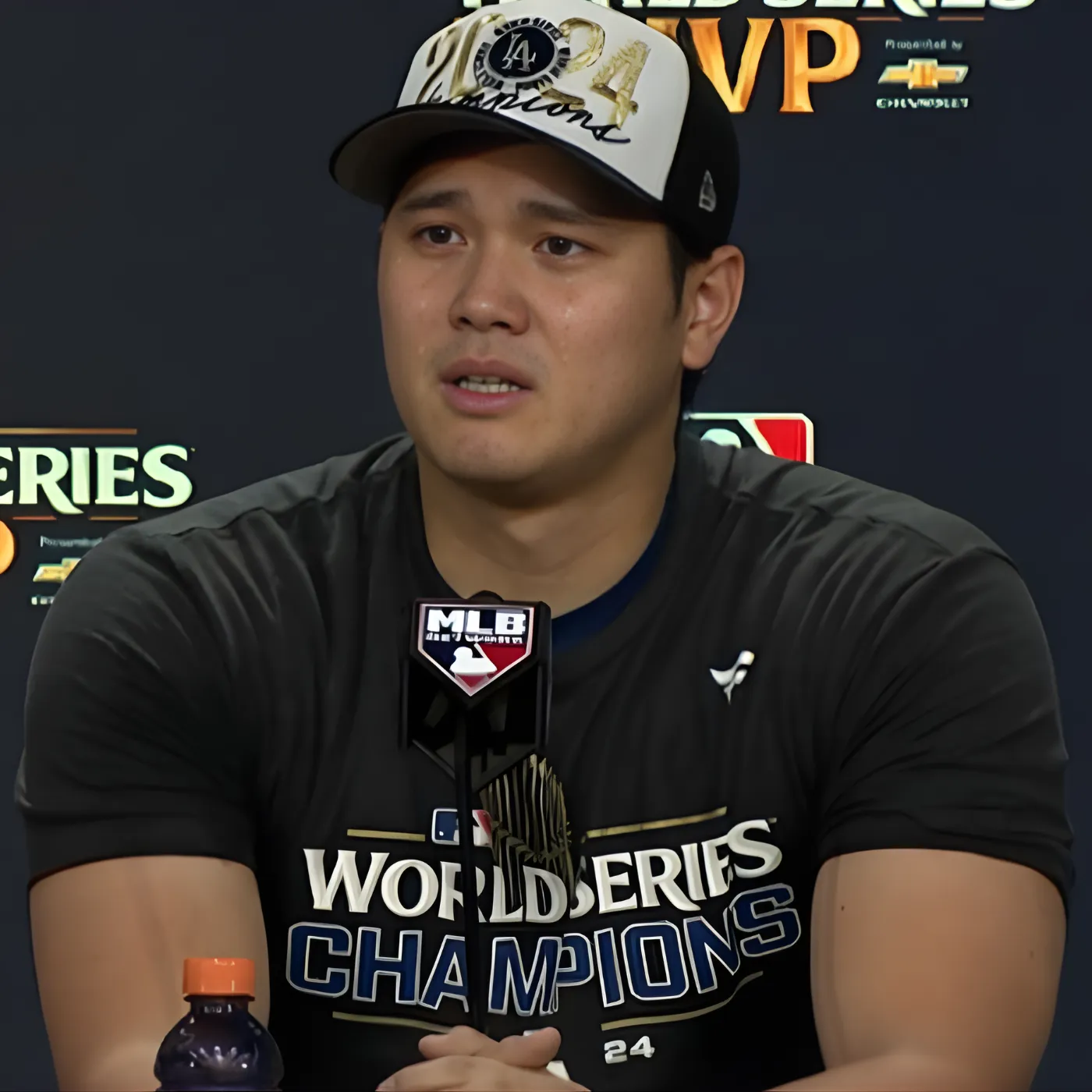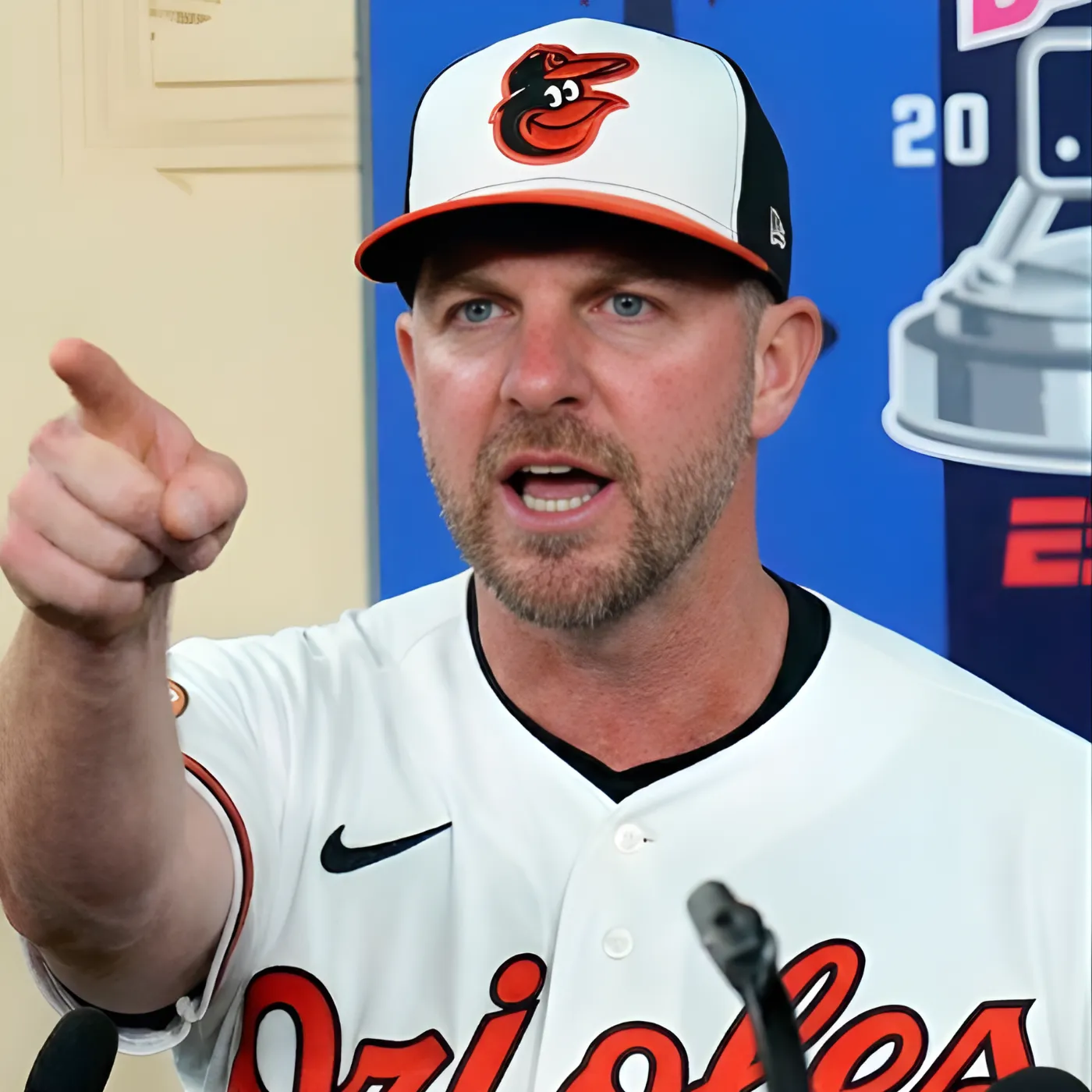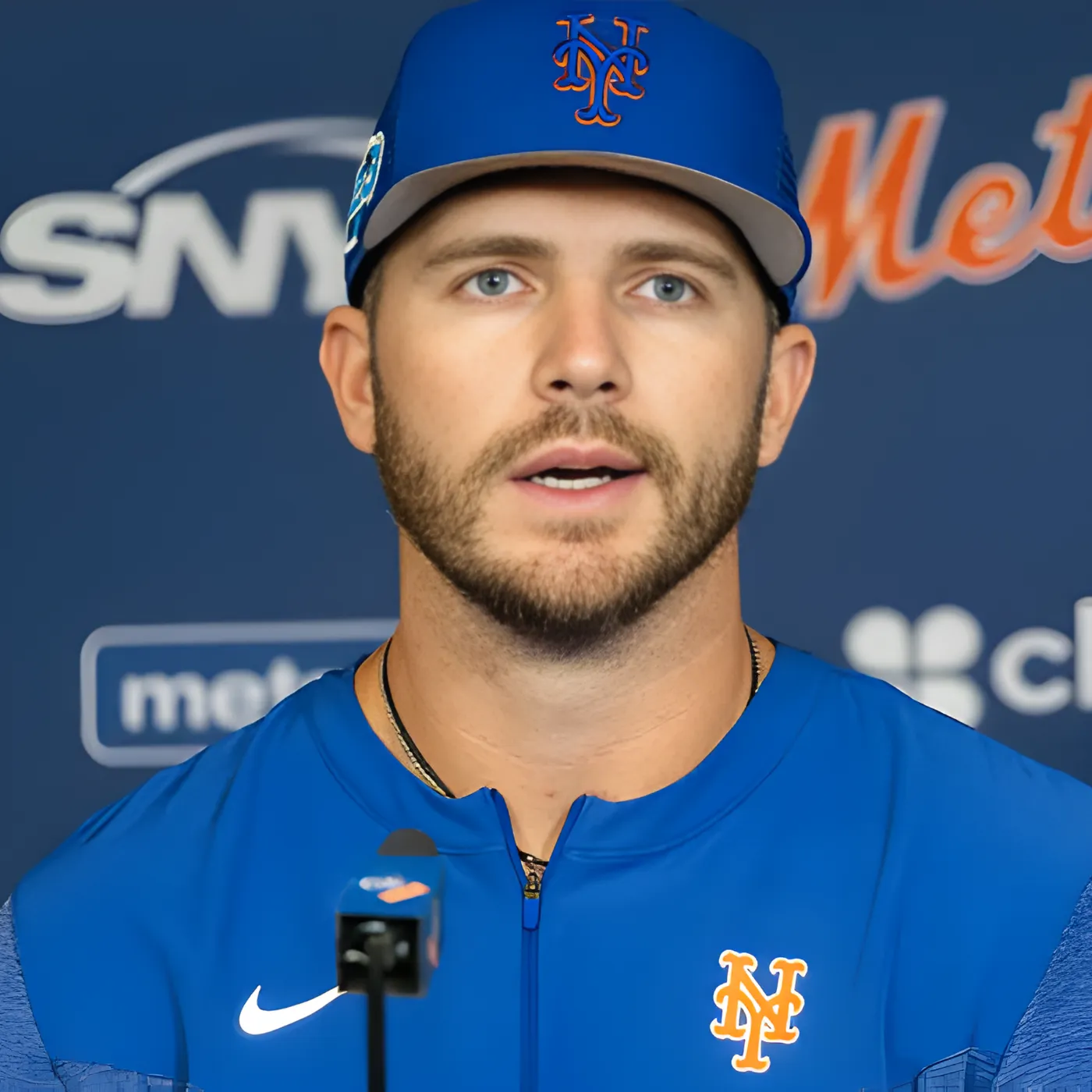

Dave Roberts criticized Teoscar Hernández for losing an important element in his game.
When a manager as composed and respected as Dave Roberts publicly calls out one of his own players, it always sparks discussion. That’s exactly what happened recently with Teoscar Hernández, the Los Angeles Dodgers’ outfielder. Roberts, who has built a reputation for balancing accountability with trust, made it clear that he sees something missing in Hernández’s game: the spark, the fire, the edge that once defined him.
In Roberts’ own words:
| Dave Roberts: “I want to see that edge, that fight, that fire…”
The comment wasn’t an offhand remark. It came after a series of defensive lapses and inconsistent energy from Hernández, whose offense has been solid but not spectacular enough to cover for glaring mistakes in the field. As the Dodgers push into the decisive stretch of the season, Roberts’ critique feels both timely and necessary.
This piece dives deep into what Roberts meant, how Hernández has performed this year, why the critique matters, and what it means for the Dodgers as they chase another October run.
Roberts’ Call for Fire and Fight
Roberts is known for his measured tone. He rarely singles out players unless the situation demands it. So when he told reporters that Hernández has been lacking an edge, fans and analysts immediately took notice.
When asked whether he had discussed the issue with his player, Roberts didn’t dodge the question. He emphasized that there have been plenty of conversations behind closed doors:
| Dave Roberts: “We’ve had numerous conversations … We’re in a good spot. We’re aligned.”
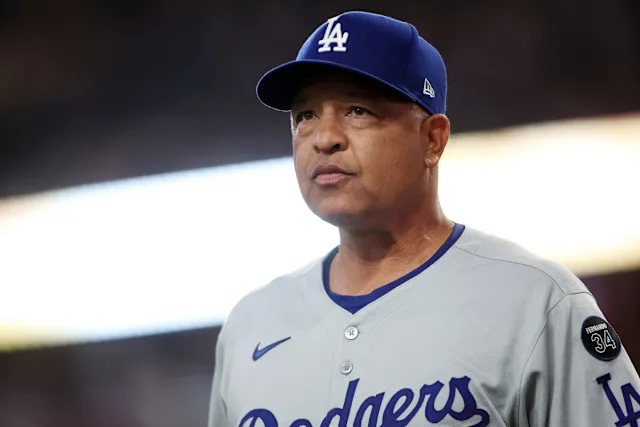
That balance—holding a player accountable publicly while making it clear that communication is strong privately—is classic Roberts. But the fact remains: the Dodgers skipper wants more from his veteran outfielder.
The timing of the statement is critical. September baseball is about sharpening every detail. For Roberts to push Hernández now, it’s a signal that the team cannot afford mental lapses or a lack of urgency.
Defense and Offense: A Tale of Two Stories
The most glaring issue with Teoscar Hernández has been defense. Just hours after being benched, he returned to the lineup and immediately misplayed a fly ball that should have been routine, allowing it to drop for a double.
The advanced metrics confirm what the eye test has long suggested. According to Baseball Savant, Hernández ranks in the bottom 3% in fielding run value this season. That puts him among the weakest defensive outfielders in Major League Baseball.
On the offensive side, the story is more complicated. Hernández started the season strong, flashing the power that made him an All-Star in Toronto. But the numbers have regressed. He’s currently slashing .246/.284/.450 with 21 home runs. Those are respectable power numbers, but not enough to offset the defensive liability.
The Dodgers have lived with one-dimensional players before, but in a season where every run matters, Hernández’s defensive lapses loom larger than ever.
A History of Public Critiques
This isn’t the first time Roberts has been vocal about Hernández’s struggles. Back in August, after another series of misplays in right field, Roberts made his disappointment clear:
| Dave Roberts: “He’s got to get better out there. I know there’s effort—but we just gotta get better.”
The comments were blunt, but they were also layered with understanding. Roberts acknowledged the effort, but effort without execution is not enough at this level.
He also sent a broader message to the entire roster by using an analogy that fans still remember:
| Dave Roberts: “As we get to this point in the season, the governor is put in the garage.”
The “governor” metaphor referred to holding back, conserving energy. Roberts’ point was simple: there’s no saving yourself for later when the playoffs are around the corner. Every inning, every play, every pitch has to matter.
By connecting his critique of Hernández to the bigger picture, Roberts emphasized that the Dodgers’ standard applies to everyone—stars and role players alike.
Why Defense Matters More Than Ever
Baseball has always been a game of balance. A booming home run means little if defensive mistakes give it right back. And in October, defense often decides championships.
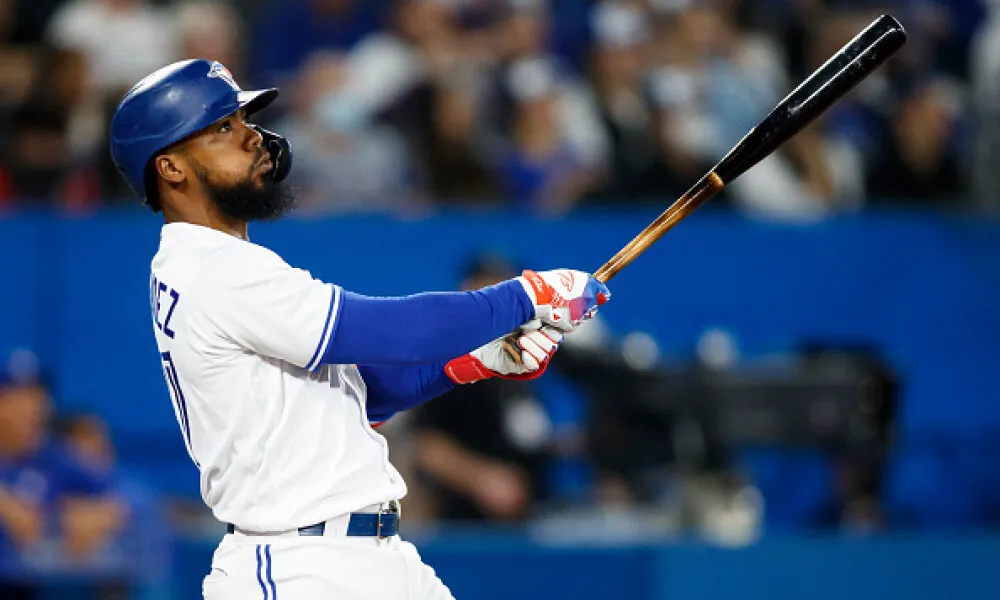
For Hernández, the defensive issues aren’t new. Scouts and analysts have long noted his inconsistent reads and routes in the outfield. But with the Dodgers, those flaws become magnified. Los Angeles is built on precision. They expect their outfielders to save runs, not give them away.
A poor defensive outfielder can swing a playoff series. One misread line drive or a ball misplayed off the wall could be the difference between advancing and going home. Roberts knows this, and that’s why his comments carry weight.
The Missing Edge: Beyond Skills
Roberts’ choice of words—“edge,” “fight,” “fire”—wasn’t about physical ability. It was about mentality.
Every player goes through slumps, but managers want to see fight during the slumps. They want body language that screams competitiveness, effort that radiates urgency. Hernández has the raw tools. He has the track record. What Roberts is demanding is an attitude shift—an intensity that fuels sharper defense and more consistent offense.
For a veteran like Hernández, this isn’t just about helping the team. It’s about defining his legacy. Players remembered in Dodgers history are those who showed grit when it mattered most. Roberts’ comments were, in a sense, a challenge for Hernández to join that group.
Balancing Offense and Defense
So what happens if Hernández can’t flip the switch defensively? The Dodgers may need to make adjustments. One option is leaning more heavily on defensive replacements late in games. Another is shifting Hernández to DH when matchups allow, though that limits flexibility.
The challenge is that Los Angeles still needs his bat. Power is a rare commodity, especially from the right side. Hernández’s 21 homers are not easy to replace. That’s why Roberts isn’t giving up on him—he’s pushing him to elevate the weaker side of his game.
It’s also worth noting that the Dodgers’ roster is deep. Players like Jason Heyward and Chris Taylor provide defensive reliability. If Hernández doesn’t respond, Roberts has alternatives.
Trust and Accountability
For all the critiques, Roberts made it clear that he still believes in Hernández.
| Dave Roberts: “He knows his value… We’re aligned.”
That line says it all. This isn’t a manager turning on his player. It’s a manager challenging him to rise. The trust is still there. The alignment still exists. But trust is not unconditional—it comes with expectations.
Hernández’s response to this moment could define not just his Dodgers tenure, but how fans and teammates view him in the long run.
The Fan Perspective
Fans haven’t been shy in voicing their opinions. On social media and forums, frustration with Hernández’s defense has been a recurring theme.
One fan summed it up bluntly after his latest misplay:
| Fan comment: “I suck at playing right field.” Really the only answer that matters.
Another fan pointed to advanced stats to underline the problem:
| Fan comment: “The catch probability was actually 95%, which is still very high… Teo is just a really bad RF.”
The tone is harsh, but it reflects the reality of Dodgers fans. Expectations are sky-high. This isn’t a rebuilding team where mistakes are forgiven. Every play is scrutinized. Every lapse is magnified.
For Hernández, winning back the fans will require not just hitting home runs, but showing visible improvement in the field—and displaying that edge Roberts wants to see.
Why Roberts’ Critique Matters for the Dodgers
The Dodgers are perennial contenders. Anything short of a World Series feels like a failure. That context makes every player’s performance critical.
Roberts knows this better than anyone. His decision to call out Hernández is part of a bigger strategy to keep the team sharp. A championship run isn’t built only on stars like Mookie Betts or Freddie Freeman—it’s about every player pulling their weight.
By demanding more from Hernández, Roberts is setting a tone: no one is exempt from accountability. That’s a powerful message to send in September.
Looking Ahead: Can Hernández Respond?
The million-dollar question is whether Hernández can rise to the challenge. He has the tools. He has the experience. What’s missing is the consistency and the mentality Roberts is asking for.
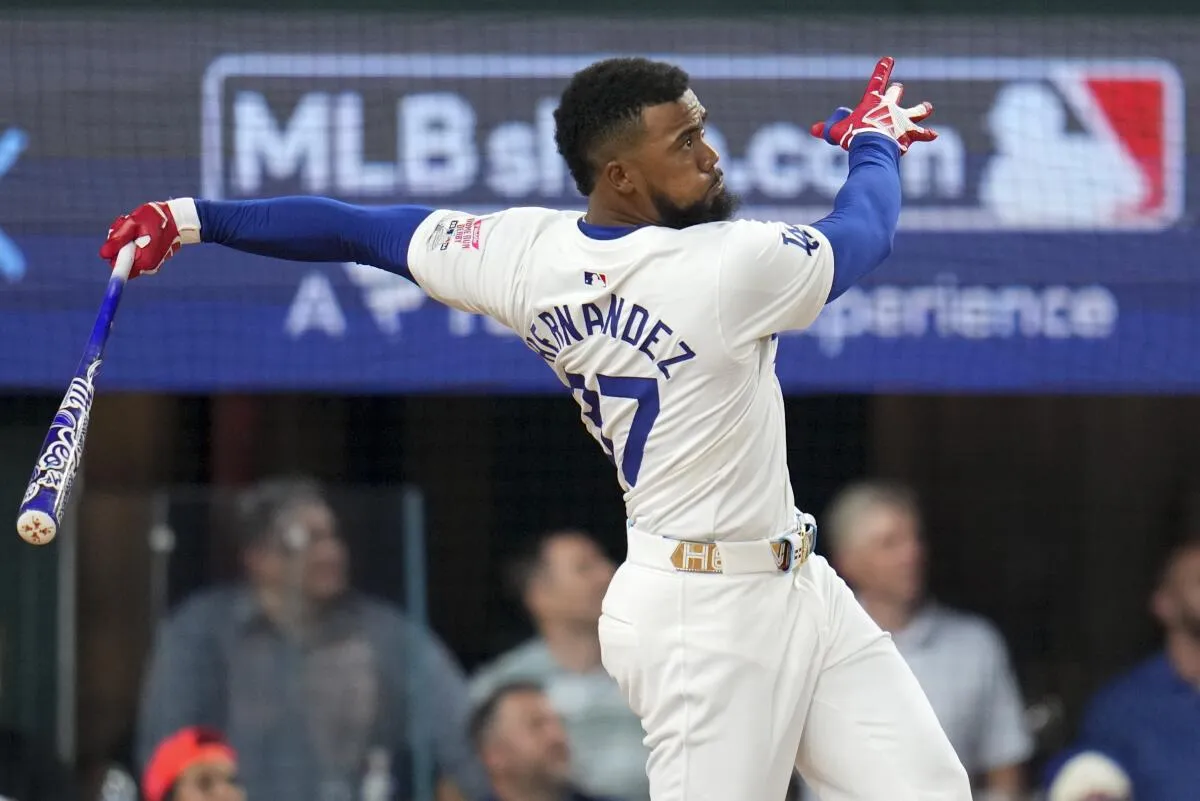
If Hernández embraces the critique, he could transform from a liability into an asset when it matters most. If he doesn’t, the Dodgers may need to limit his role in crucial moments.
Either way, this storyline will be one to watch as the Dodgers push toward October.
Wrap-Up
Dave Roberts has made it clear: Teoscar Hernández needs to rediscover the fire that once fueled his game. The Dodgers’ manager isn’t questioning talent—he’s questioning mentality and execution.
Hernández’s defensive struggles are undeniable, his offensive numbers solid but not game-changing, and the margin for error in September baseball razor-thin. The Dodgers are giving him a chance to respond, but also preparing alternatives if he doesn’t.
For Hernández, this moment is a test of pride, effort, and resilience. For the Dodgers, it’s a reminder that championships are won not just with talent, but with discipline, intensity, and balance.
As fans debate his future, the truth is simple: if Hernández can find that edge Roberts demands, he could be the difference between heartbreak and glory this postseason.
Related News
